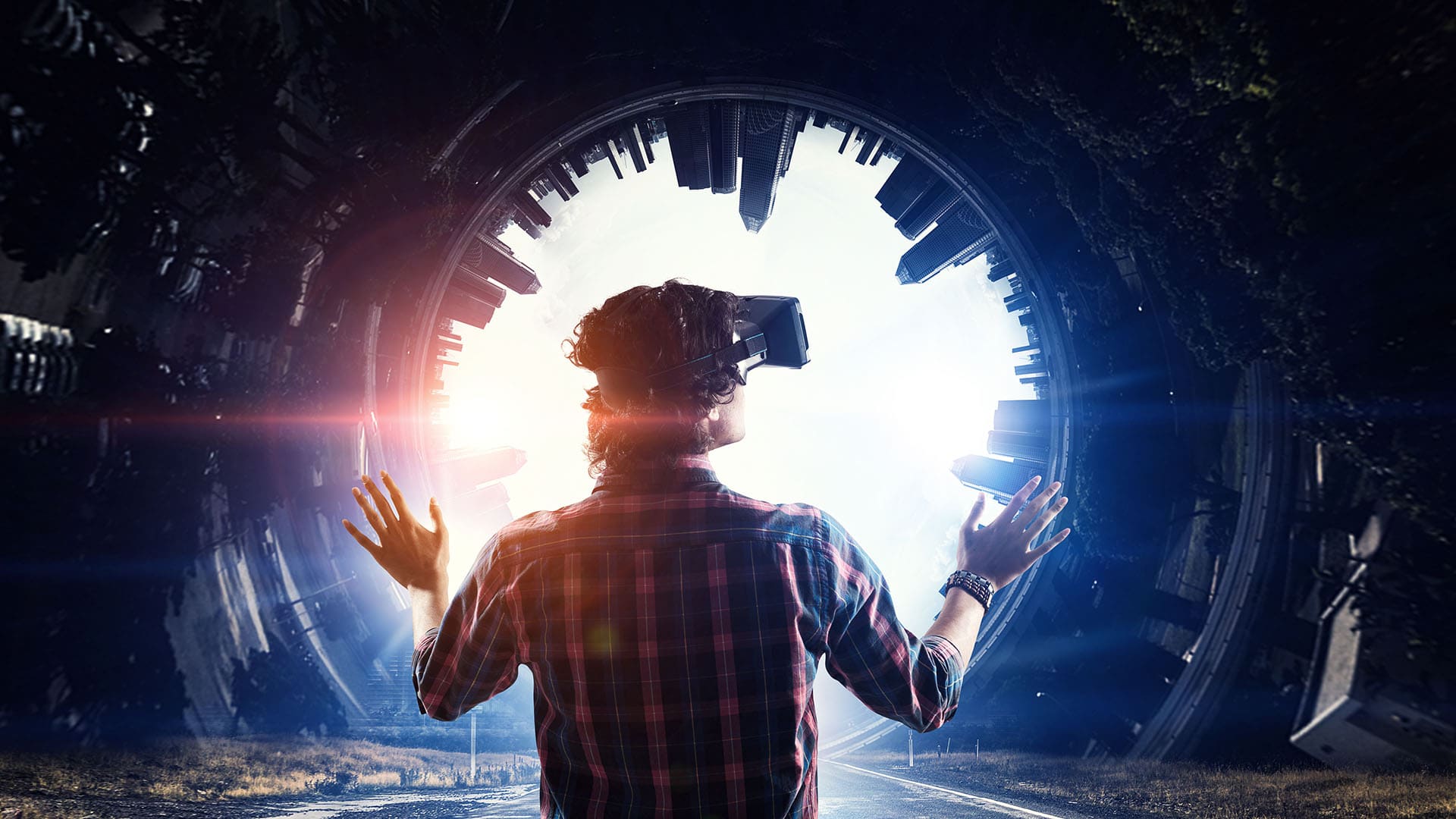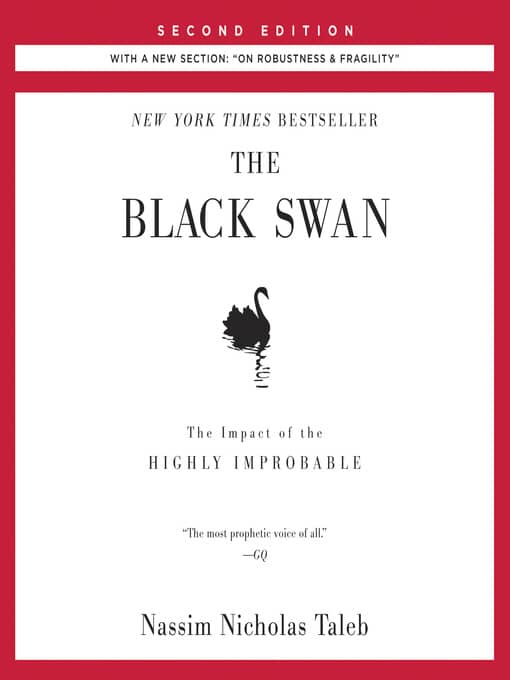
The desire to make the future predictable in people is as strong as the desire to be fed and healthy, it is the need for security. Our brain perceives ambiguity as a threat and tries its best to create a sense of control. However, let's face the fact that we don't control anything globally, we only control our own decisions. Most often, it is more effective to let go of control, since we cannot know what the future holds for us. This is the beauty of life and its interest. Would you be interested in watching a movie whose ending you know?

Argavan Khosravi "Uncertainty" (2020)
The last 5 years clearly show that events that we could not plan or considered impossible are happening. This is not only about the socio-political sphere, but also about global processes. The ways of communication and public consciousness are changing. If 50 years ago we would have told our grandparents that they would put on glasses and use them to move into the virtual world, they would say that this is fantasy and impossible, although today it is a reality. What we do not like or seems incomprehensible can happen. Let's remember this as the main thesis.

But how, in unpredictable circumstances, to save yourself and adapt to change?
Expand your picture of the world. The human brain and logic classifies information linearly: it forms the future based on the past, according to already known data. Many analytical projections are made on the basis of what has already happened, and likely scenarios are calculated on the basis of accumulated experience. Unfortunately, this method does not always work. It's like a finger to the sky, the probability is always 50/50. Change doesn't ask us if we know what it will be, it just happens. In 2019, the world did not even suspect that literally in a year a large-scale pandemic would begin, which would change the global agenda.
Life will become more interesting if you allow the development of completely unpredictable events. A real excitement appears, the question “What awaits me?” begins to play with new colors, not adding anxiety, but kindling a healthy interest. The difference is significant - you no longer refer to what worked before, but rely on what you imagine will work in the future and act boldly. According to the theory of Nassim Taleb, outlined in the bestselling book The Black Swan, the future is not a reflection of the past, and it is absolutely normal for some events to go against your expectations. This is the same black swan. Black swans do exist.

Another important thought to …